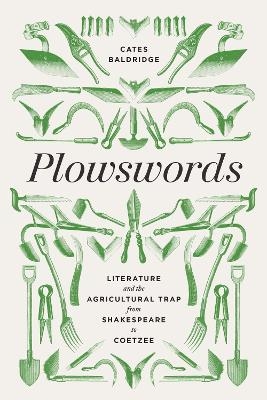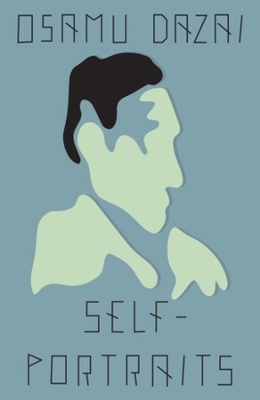
Plowswords
Literature and the Agricultural Trap from Shakespeare to Coetzee
Seiten
2024
University of Virginia Press (Verlag)
978-0-8139-5162-1 (ISBN)
University of Virginia Press (Verlag)
978-0-8139-5162-1 (ISBN)
- Lieferbar (Termin unbekannt)
- Versandkostenfrei innerhalb Deutschlands
- Auch auf Rechnung
- Verfügbarkeit in der Filiale vor Ort prüfen
- Artikel merken
The first work to consider the refiguring of the agricultural revolution into the agricultural trap through a literary lens. Reading texts that depict farmers in conflict with foragers, Baldridge argues that agricultural ideology justified the tedium and toil of farming by enlisting a rhetorical foil: the “savage” and “backward” hunter-gatherer.
A critical examination of the ‘agricultural trap’ in literature
For thousands of years, agriculture and civilization were essentially synonymous. The superiority of farming over the unsettled, itinerant life of hunting and gathering appeared, to many, self-evident. Only recently has the field of anthropology challenged this assumption by positing that foragers were, and are, actually happier and healthier than people living in agro-cultures. Plowswords is the first work to consider the refiguring of the agricultural revolution into the agricultural trap through a literary lens. Reading texts that depict farmers in conflict with foragers, Cates Baldridge argues that agricultural ideology justified the tedium and toil of farming by enlisting a rhetorical foil: the “savage” and “backward” hunter-gatherer. Texts such as The Tempest, Robinson Crusoe, Frankenstein, Wuthering Heights, Heart of Darkness, and the novels of J. M. Coetzee use this figure either to exalt farming’s triumph over foraging or to mourn the consequences of the agricultural turn, anxiously championing or stridently challenging the received wisdom of humanity’s supposed progress.
A critical examination of the ‘agricultural trap’ in literature
For thousands of years, agriculture and civilization were essentially synonymous. The superiority of farming over the unsettled, itinerant life of hunting and gathering appeared, to many, self-evident. Only recently has the field of anthropology challenged this assumption by positing that foragers were, and are, actually happier and healthier than people living in agro-cultures. Plowswords is the first work to consider the refiguring of the agricultural revolution into the agricultural trap through a literary lens. Reading texts that depict farmers in conflict with foragers, Cates Baldridge argues that agricultural ideology justified the tedium and toil of farming by enlisting a rhetorical foil: the “savage” and “backward” hunter-gatherer. Texts such as The Tempest, Robinson Crusoe, Frankenstein, Wuthering Heights, Heart of Darkness, and the novels of J. M. Coetzee use this figure either to exalt farming’s triumph over foraging or to mourn the consequences of the agricultural turn, anxiously championing or stridently challenging the received wisdom of humanity’s supposed progress.
Cates Baldridge is Philip Battell and Sarah F. Cowles Stewart Professor of English at Middlebury College and the author of The Dialogics of Dissent in the English Novel.
| Erscheinungsdatum | 05.07.2024 |
|---|---|
| Verlagsort | Charlottesville |
| Sprache | englisch |
| Maße | 152 x 229 mm |
| Themenwelt | Geisteswissenschaften ► Sprach- / Literaturwissenschaft ► Anglistik / Amerikanistik |
| Geisteswissenschaften ► Sprach- / Literaturwissenschaft ► Literaturwissenschaft | |
| Sozialwissenschaften ► Ethnologie | |
| Sozialwissenschaften ► Soziologie | |
| Weitere Fachgebiete ► Land- / Forstwirtschaft / Fischerei | |
| ISBN-10 | 0-8139-5162-3 / 0813951623 |
| ISBN-13 | 978-0-8139-5162-1 / 9780813951621 |
| Zustand | Neuware |
| Informationen gemäß Produktsicherheitsverordnung (GPSR) | |
| Haben Sie eine Frage zum Produkt? |
Mehr entdecken
aus dem Bereich
aus dem Bereich
Buch | Softcover (2024)
belleville (Verlag)
20,00 €
Poetik eines sozialen Urteils
Buch | Hardcover (2023)
De Gruyter (Verlag)
59,95 €
Stories
Buch | Softcover (2024)
New Directions Publishing Corporation (Verlag)
14,95 €


